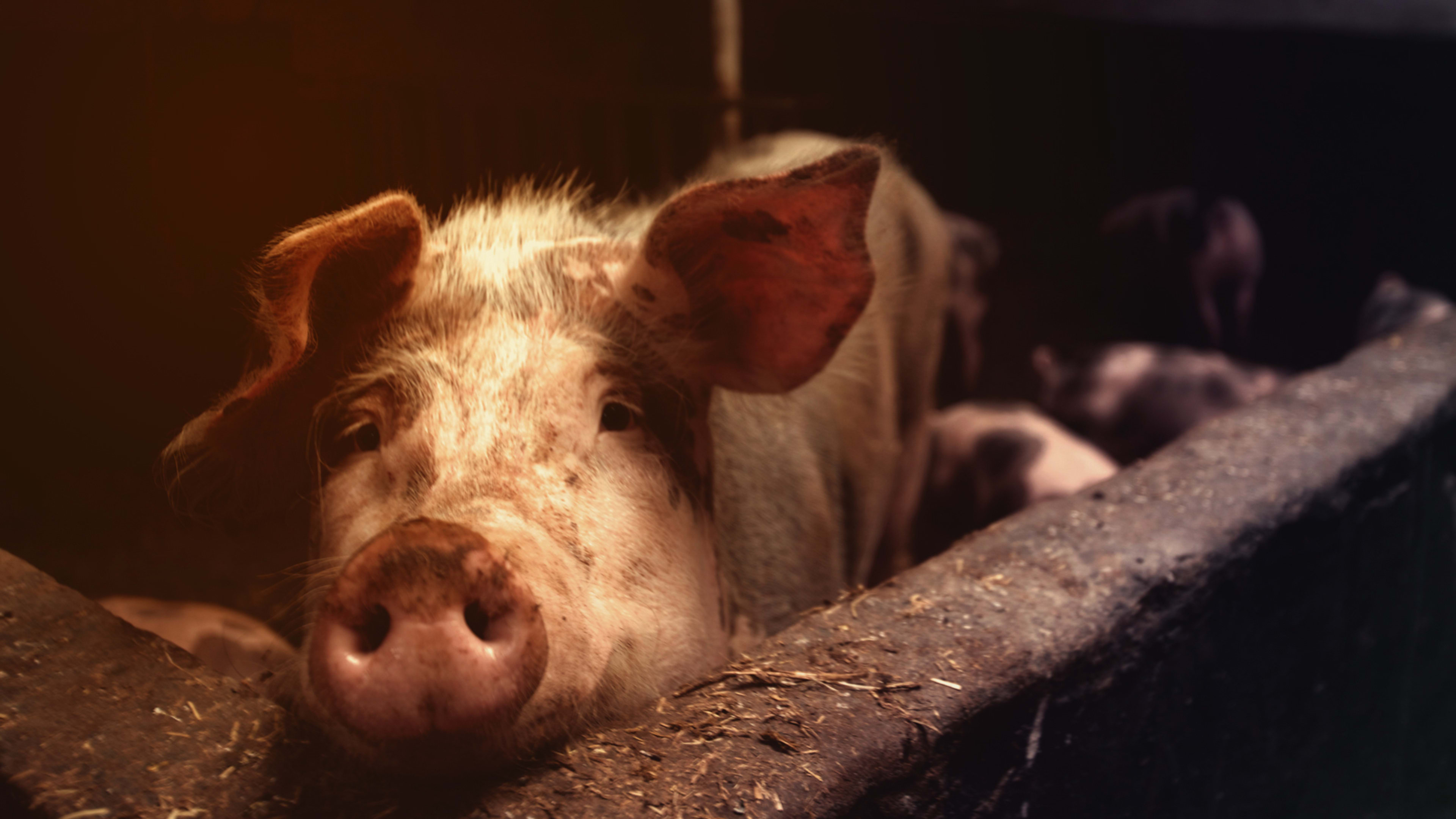There have been a lot of food recalls in the last year, ranging from turkey to Hy-vee meat products to ground beef to all kinds of Tyson chicken products, so you might think any changes in raw meat processing would be to make sure that consumers are safe, right?
Instead, the USDA’s new rules are focused on making the euphemistically named “hog processing” industry faster than ever. According to Reuters, the new rules mean companies can slaughter pigs as quickly as they want, “based on their ability to prevent fecal contamination and minimize bacteria.” (Um, gross on so many levels.)
As Modern Farmer points out, the new rules mean workers can “process more hogs per hour than ever before” and gives pork processing plants the power to regulate themselves to a certain extent, including “removing sick hogs from the processing lines.” Under old rules, as a pig was “disassembled,” government inspectors were required to be present to monitor the process, rejecting live animals that seemed sick or parts of a carcass that looked sketchy. That is no longer the case under the new rule, where pork companies can hire their own people to inspect the pork, a rule change that watchdog group Food and Water Watch says will increase the risk of both foodborne pathogens and worker injuries.
In September, the Trump administration approved faster processing for poultry and is reportedly considering reforming the regulations for beef, too.
The supposed pork farm modernization rules have been in the works for years, and a program piloting the new rules has proven very problematic. Back in 2012, the Office of the Inspector General found that the USDA was not sufficiently monitoring the program, and according to the Washington Post, eventually launched a still-ongoing probe into whether the agency was actively concealing data from the pilot facilities. There may be good reason for hiding results: it may not work very well. As Modern Farmer notes, the rules change is even stranger because “the pilot program facilities did not achieve speeds notably higher than the non-pilot facilities.”
Plus, there’s evidence that letting pork processors monitor themselves means they don’t really monitor anything. A former USDA hog inspector told the Washington Post that when “all the power gets handed over to the plant,” inspections fall to the wayside.
If that’s not enough to turn your stomach, this might be: The facilities in the pilot program have also been filmed horribly mistreating hogs. The news is causing lots of social media commentators to consider going vegetarian, and with all the plant-based meats—and you know, plants—out there, you may not miss it.
Recognize your brand’s excellence by applying to this year’s Brands That Matter Awards before the final deadline, June 7.
Sign up for Brands That Matter notifications here.
